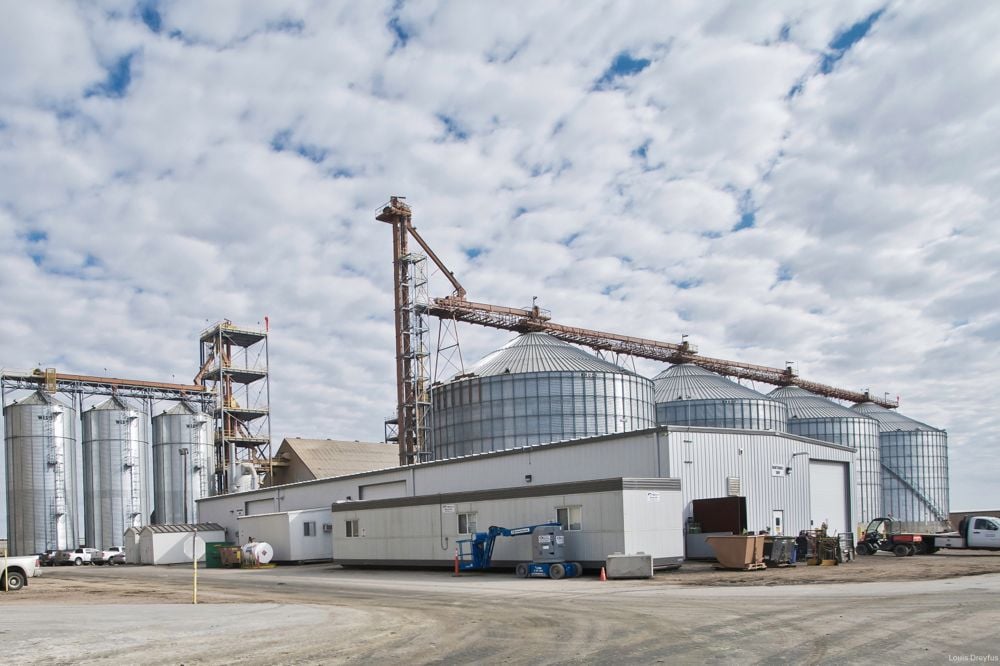OTTAWA, April 12 (Reuters) – The Bank of Canada held interest rates steady on Wednesday, as expected, saying that while growth has been stronger than it anticipated in January it is “too early” to conclude that the economy is on a sustainable growth path.
Reiterating its position that material excess capacity remains in the economy, the central bank nudged up its growth forecast for 2017 but lowered its projection for potential growth to reflect “persistently weak investment.”
Taken together, the faster growth in 2017 and lower potential growth means the bank now projects the output gap to close in the first half of 2018, sooner than the mid-2018 timeline policymakers had predicted in January.
Read Also

Louis Dreyfus posts higher volumes, lower profits in first half
Agricultural commodity merchant Louis Dreyfus Company recorded a rise in first-half sales, supported by higher volumes shipped, but weaker prices for most crops pushed down profits, it said on Friday.
In a report that noted a weakness for every strength, the bank said business investment remains well below what could be expected at this stage in the recovery and wage growth remains subdued, while residential investment has been stronger than expected.
“The Bank’s Governing Council acknowledges the strength of recent data, some of which is temporary, and is mindful of the significant uncertainties weighing on the outlook,” the bank said in a statement.
The Canadian dollar strengthened against the greenback immediately following the release, hitting its strongest level since late February.
Even with the expected earlier closing of the output gap, economists said the bank’s cautious language suggested rate increases were not imminent.
“This is Bank of Canada telling you that they are not going to touch interest rates anytime soon,” said Benjamin Tal, senior economist at CIBC capital markets.
“They don’t like the composition of growth…. They want to see more sustainable investment, sustainable exports and they want to see removal of uncertainty from the United States.”
Noting the hot Toronto housing market, which some economists have called a bubble, the bank said price growth in the area “seems to have entered a phase in which speculation is playing a larger role” and warned the pace of housing activity is unlikely to be sustained.
The bank has held rates steady since cutting twice in 2015, and the low rates has been blamed for helping inflate the housing market, particularly in Toronto.
While drivers of U.S. growth remain solid and Canadian job data has been robust, gains in hours worked are still soft, the bank noted.
It said export growth has been uneven in the face competitiveness challenges and uncertainty surrounding possible U.S. protectionism that could hurt Canadian exports.














